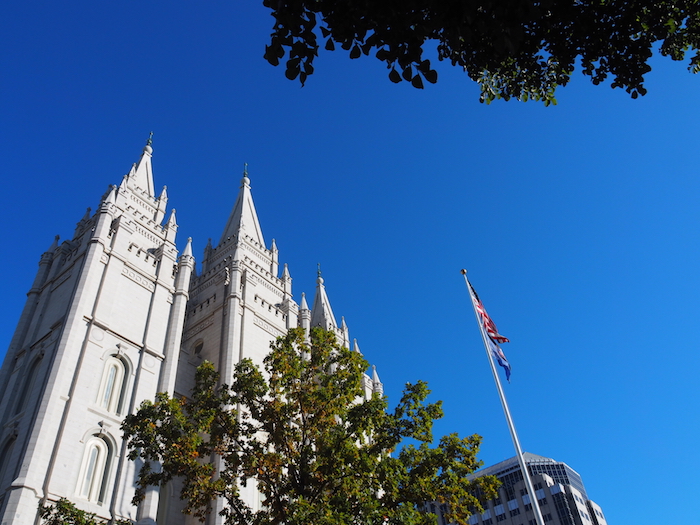Grange is a 28-year-old employee of Enterprise Rent-A-Car (and a kick boxing coach) living in Salt Lake City, Utah. Having grown up the son of an Army officer and as a devout Mormon, his perspective on the strengths and weaknesses of the church and civic life were unique.
His good citizenship has limitations:
I have a pretty strong belief local elections are more important than national ones. But I’m a citizen of Colorado, not Utah, so I’m not as active as I could be. I often think I should move my citizenship to Utah so that I could be more involved in this community. On the other hand, my vote has more sway in Colorado, so I’ve left my vote there. It does impact my ability to be a good citizen, though.
His broad idea of citizenship:
Politics is a part of it. But citizenship is really about the impact you’re having on those around you.
How he thinks about political disagreement:
You can disagree with someone, but you can both be passionately helping the community.
I like to think about it this way. I feel passionately about helping the homeless population, so I put a little extra money into it every year. My family cares a lot about education, so they give a little extra to schools every year. Just because I want to support the homeless and they want to support education, just because we disagree with where we are putting our money, does that mean either of us has bad intentions? I don’t think so. We both want to help the community. We just have different ways of getting there.
How schools fail students:
A lot of time in schools we learn there are right answers and wrong answers. Students need to learn that people have different options, which is good so long as they’re thoughtful opinions.
What the Mormon church taught him:
The church attached a lot of importance to family and service. Growing up, I was a boy scout. At least one weekend a month I was volunteering. It instilled a sense of service, gave me good values. I’m still close with my family.
Why he left it:
For me, a big part of why I left related to wrestling with my sexuality. I’m gay, and there just weren’t a lot of options within the church. I explored the celibacy option. I told the church I wanted a family, but would go the celibacy route if I could work with the boy scouts or have a calling that worked with kids. I was told that because I had expressed feelings of attraction to men, I couldn’t do that. So for me, who grew up really valuing family because of the church, not being able to work with or have kids opened a lot of questions for me.
He doesn’t think the church has an acceptance problem:
I do think the Mormon church is good right now about acceptance and embracing family members of the church. High members of the church are telling people not to shame kids and not to kick them out if they are gay. I don’t think that the church has a problem accepting. It just wasn’t the right fit for me.
His conflicted feelings about critiques of religion and religious people:
When I first left the church, I felt a lot of bitterness towards it. At first, it was easy to fall in with liberals who criticized the thing I was questioning. But it was hard. Most of my family is Mormon and LDS. I still think they’re great people, and I love them. Talking too negatively about the church bothers me because of that. While I agree with the critiques of the philosophy of Church, I had to draw a line when people began to say things like “all Mormons are crazy.”
